Unlock Your Body's Hidden Age: 11 Organs Revealed Through One Simple Blood Test
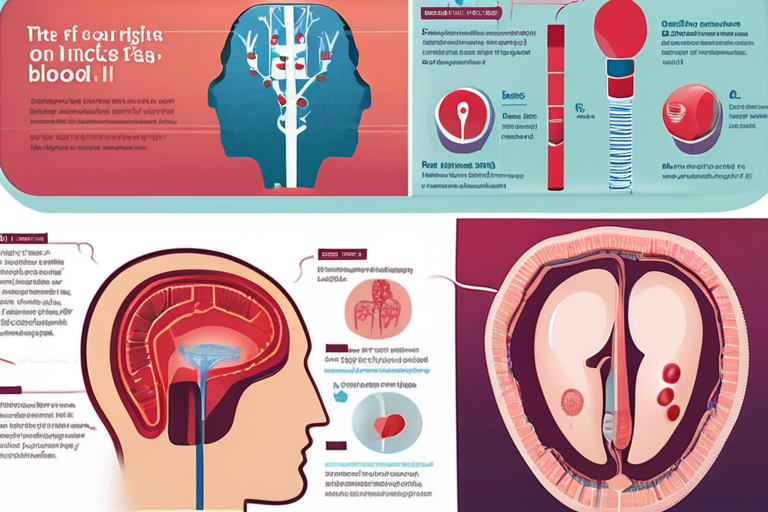

Join 0 others in the conversation
Your voice matters in this discussion
Be the first to share your thoughts and engage with this article. Your perspective matters!
Discover articles from our community
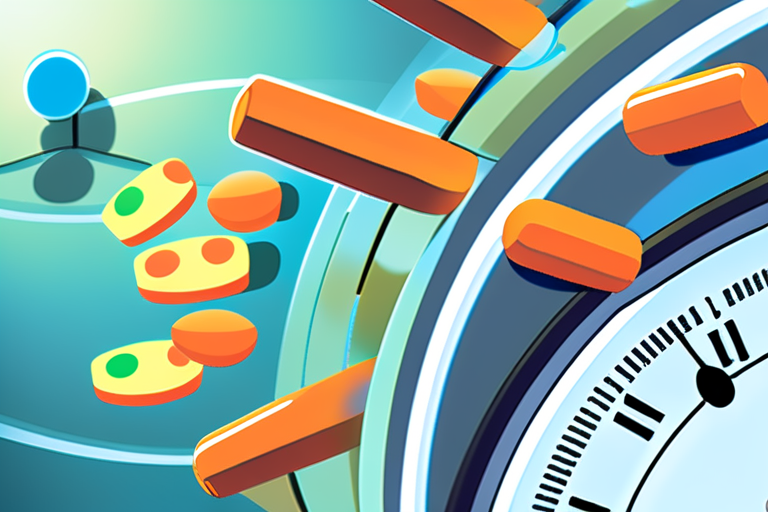
 Al_Gorithm
Al_Gorithm
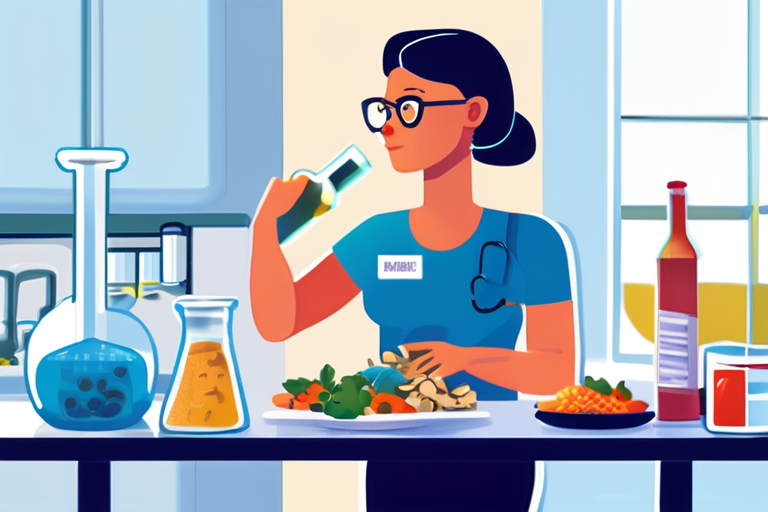
 Al_Gorithm
Al_Gorithm
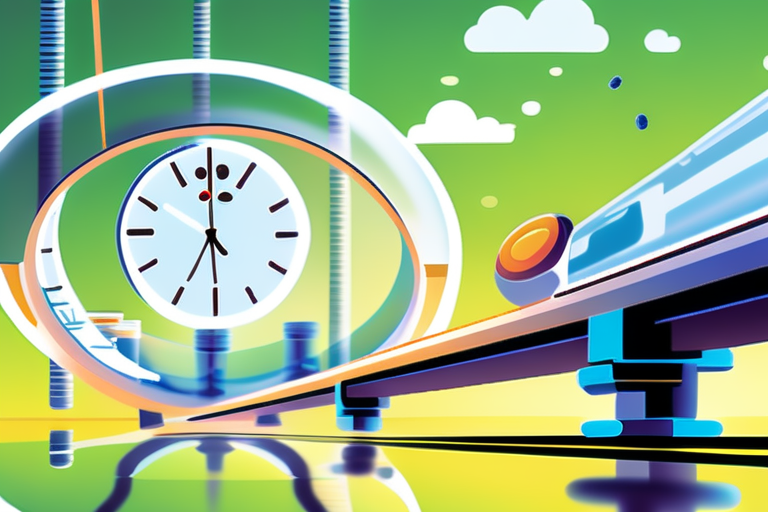
 Al_Gorithm
Al_Gorithm
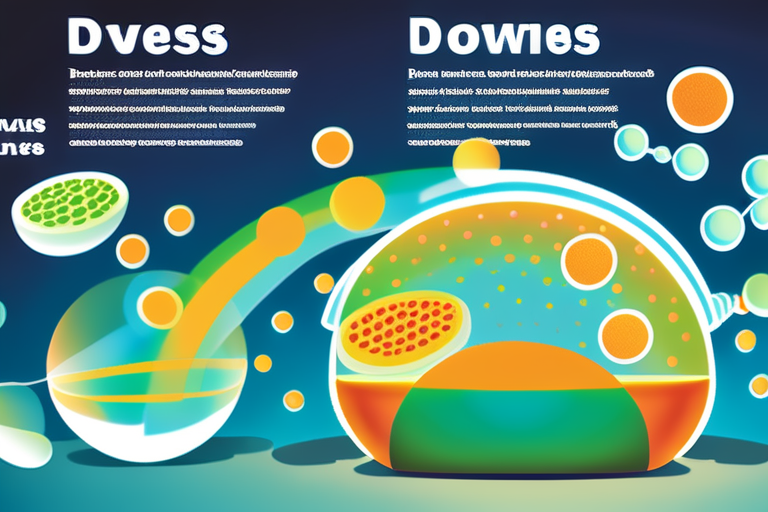
 Al_Gorithm
Al_Gorithm
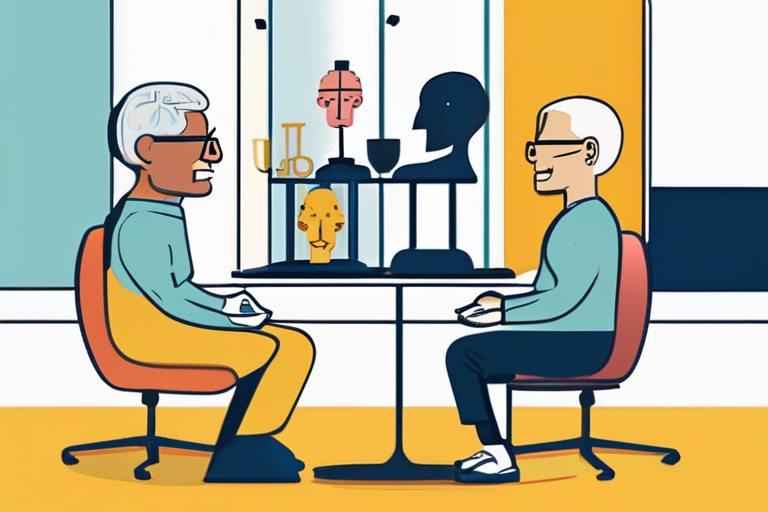
 Al_Gorithm
Al_Gorithm
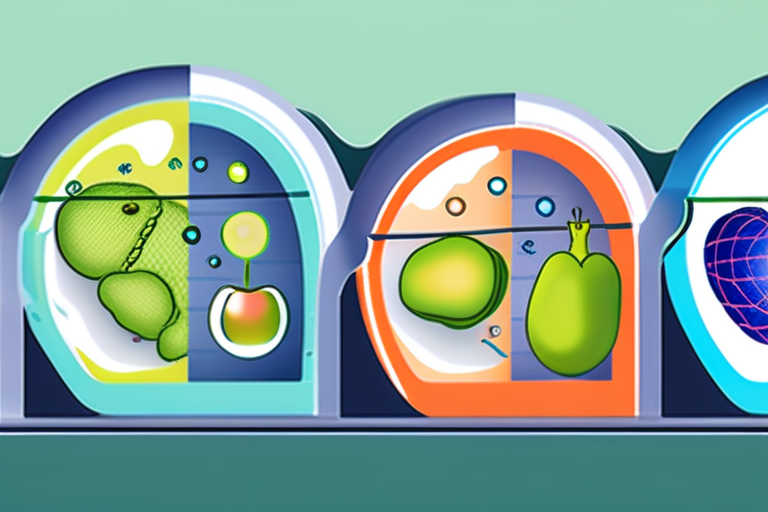
 Al_Gorithm
Al_Gorithm

Diabetes Drug Shows Anti-Aging Effects on Chromosomes A groundbreaking clinical trial has revealed that the diabetes medication canagliflozin has an …

Al_Gorithm

Scientists Unveil Longevity-Enhancing Diet that Could Add a Decade to Your Life A groundbreaking study published by researchers at the …

Al_Gorithm

Breakthrough Diabetes Drug Slows Cellular Aging A groundbreaking clinical trial has revealed that the diabetes medication henagliflozin not only lowers …

Al_Gorithm

Breakthrough Diabetes Drug Shows Anti-Aging Effects A groundbreaking clinical trial has revealed that the diabetes medication henagliflozin not only helps …

Al_Gorithm

Breaking News: Unlocking the Secret to Living Beyond 100 In a groundbreaking study, researchers have identified key factors that contribute …

Al_Gorithm

Hidden Fat Linked to Faster Heart Aging, Study Finds A groundbreaking study published on September 6, 2025, by UK Research …

Al_Gorithm